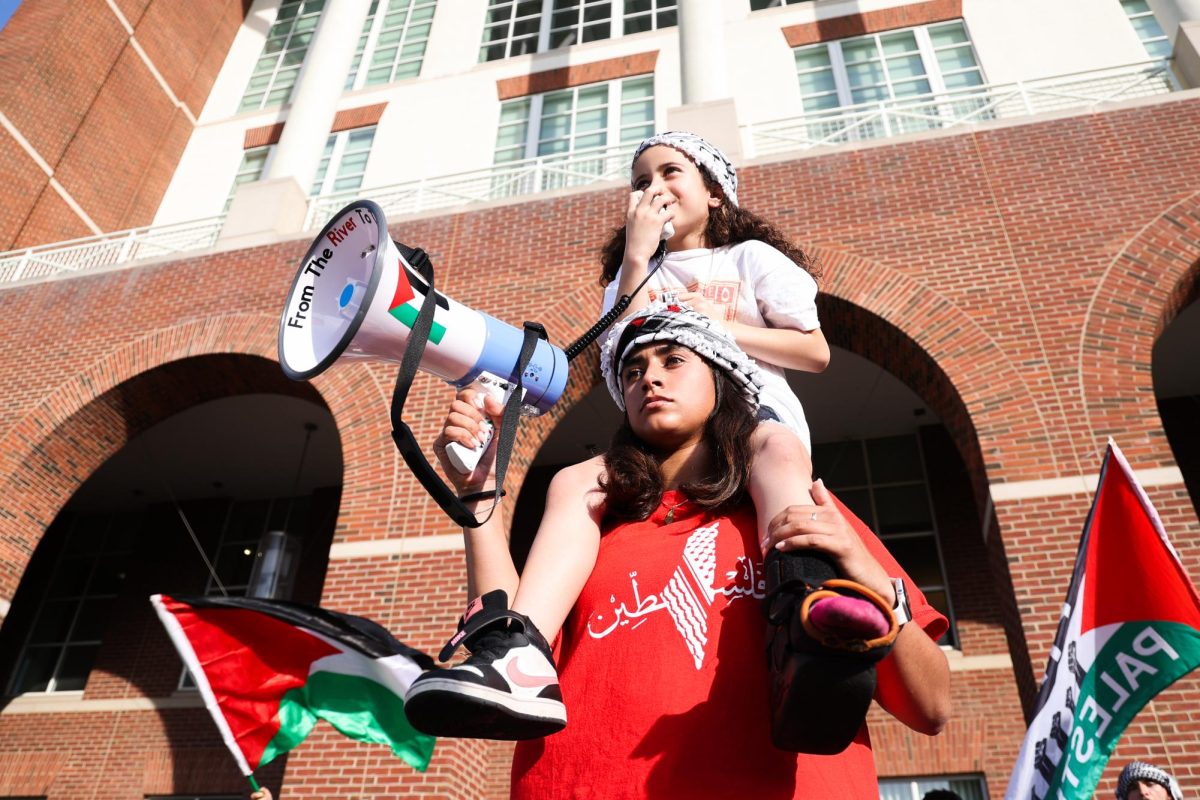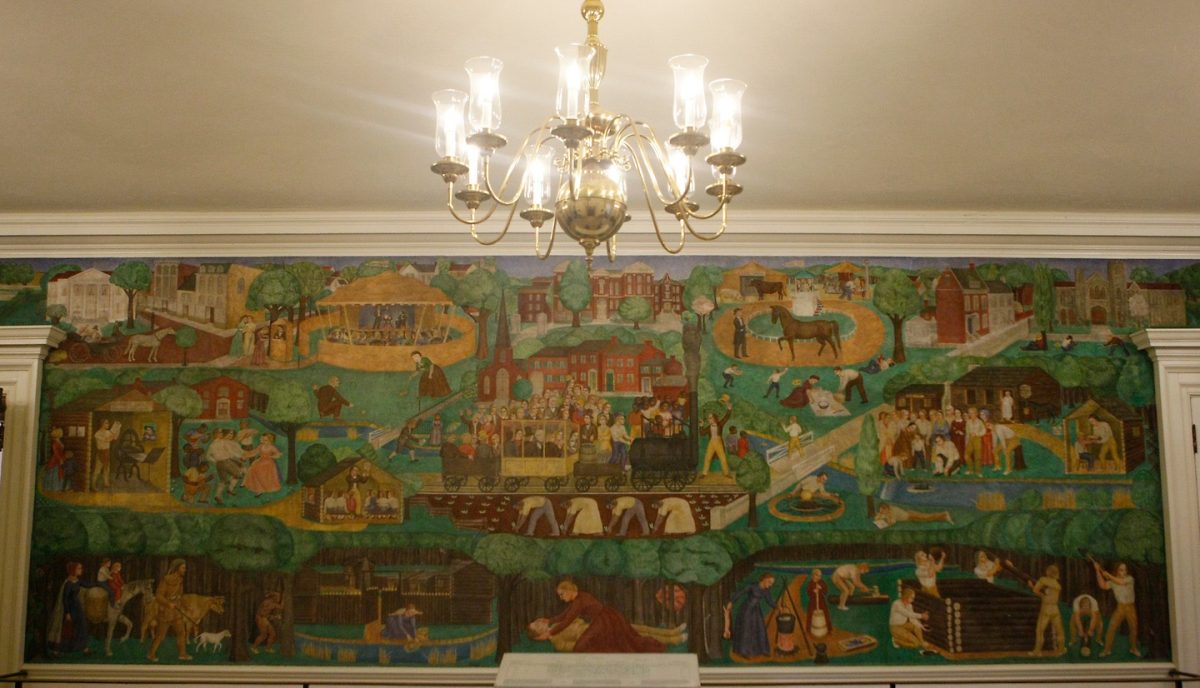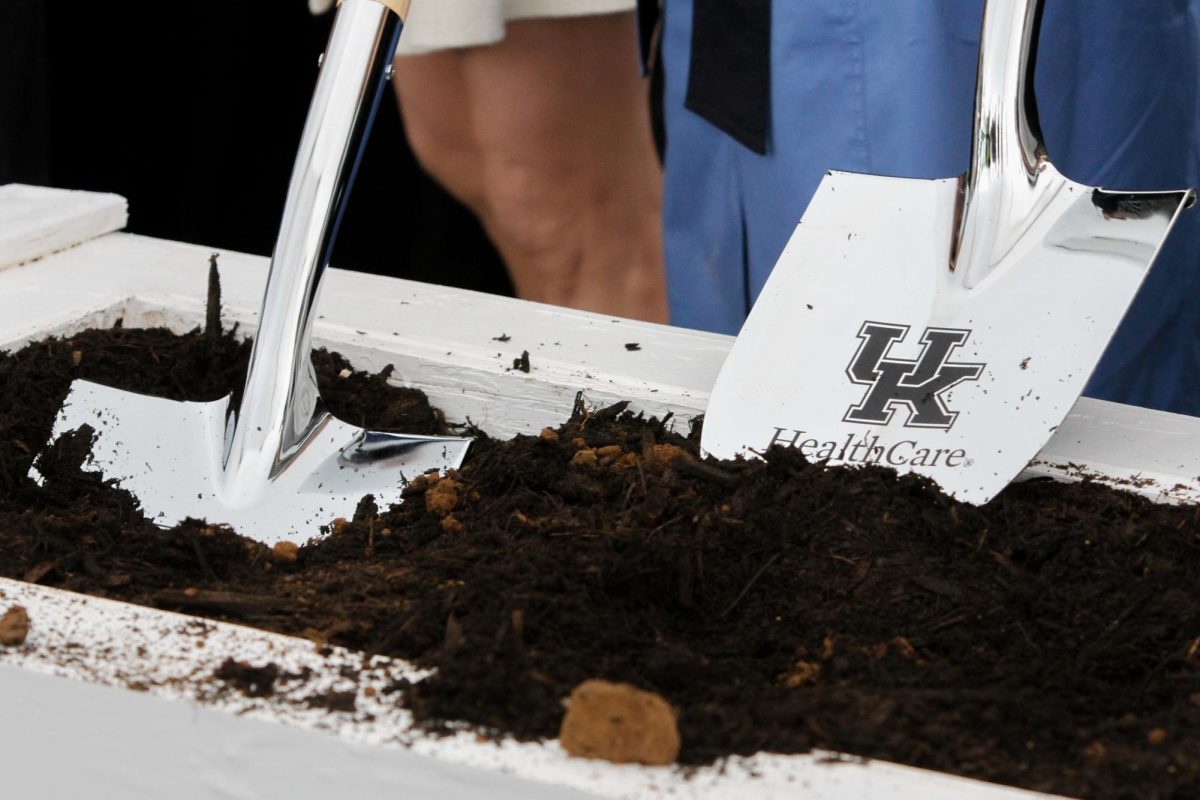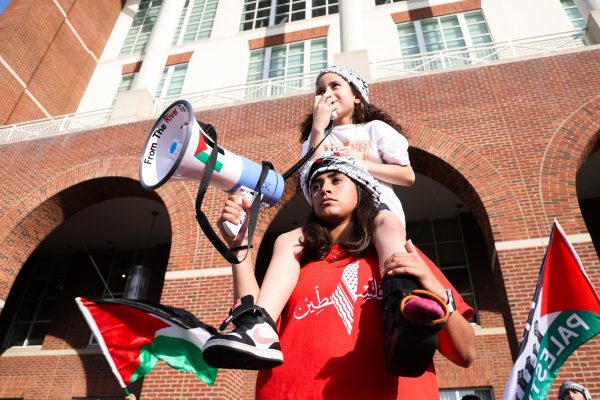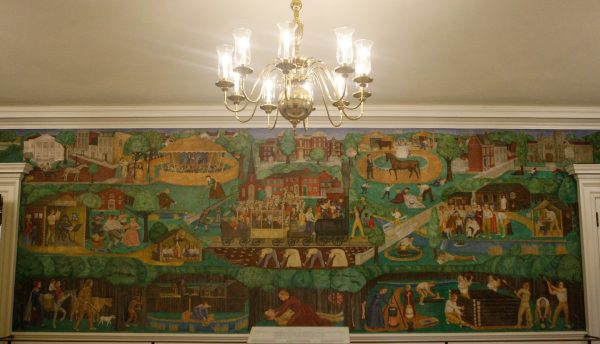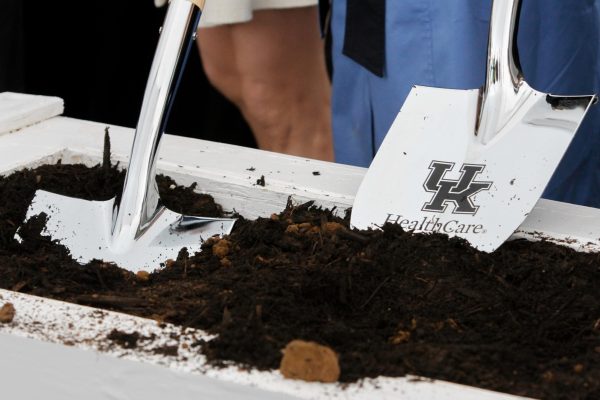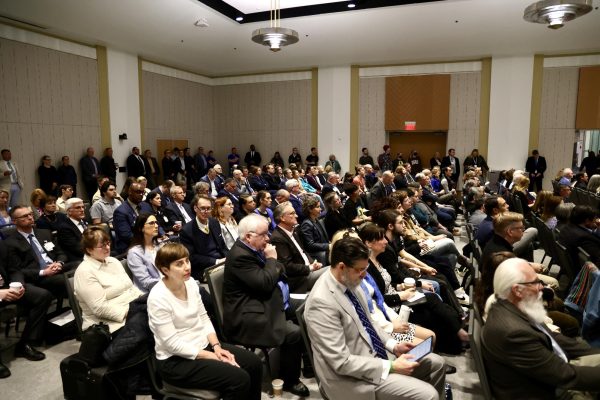Biology curriculum to evolve next year
March 20, 2011
The curriculum of UK’s most populated major will evolve next fall.
The Biology Department of the College of Arts & Sciences is introducing new changes to its educational program in efforts to better prepare its students.
These modifications begin with adjustments to freshman biology courses.
The original introductory course, BIO 150, primarily focused upon cellular and molecular sciences, whereas the re-envisioned BIO 148 will concentrate on the notion of the nature of biological diversity and its origins.
The original follow-up course, BIO 152, covered plant and animal systems and will now incorporate different organism types into its structure.
Accompanying laboratory classes will also be reformed.
“The labs were largely traditional, descriptive labs that were really just more detailed versions of the better high school labs,” Vincent Cassone, chair of the department, said. Cassone directed the effort for the reform.
Now the introductory laboratory course, BIO 155, will instruct students how to review bibliographic and sequence databases, how to interpret the information and how to write properly about scientific topics.
“The idea is to increase hands-on biological science for our majors, and to provide a 21st century education,” Cassone said.
Numerous other alterations have been made to upper division classes, such as laboratory components in physiology, cell biology and genetics.
Also, Bachelors of Science degrees will now require higher-level calculus courses.
While deliberations took more than a year, many Biology Department faculty members agree that students will benefit greatly from the curriculum changes.
“The change in curriculum is a huge benefit to the students,” Randal Voss, the associate chair of research and the director of the Ambystoma Genetic Stock Center, said. “We can teach concepts that are closer to what is being learned at the cutting edge of research.”
Director of Graduate Studies Brian Rymond emphasized the increased potential for faculty interaction with students, creating a more cohesive setting.
He also mentioned the availability of more hands-on training opportunities with the implementation of new laboratories.
New laboratories have been constructed in the basement of the Thomas Hunt Morgan, and two additional facilities will be constructed on the first floor of the Multi-Disciplinary Sciences Building.
Some new courses have already been introduced into the curriculum for testing purposes, and others will be implemented in the fall after approval.


